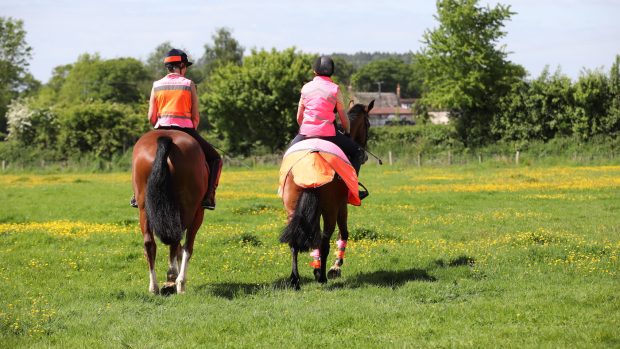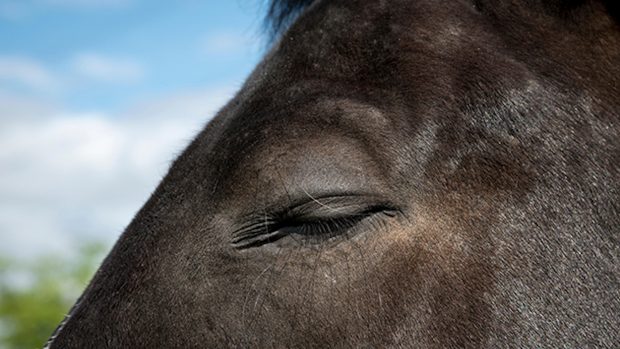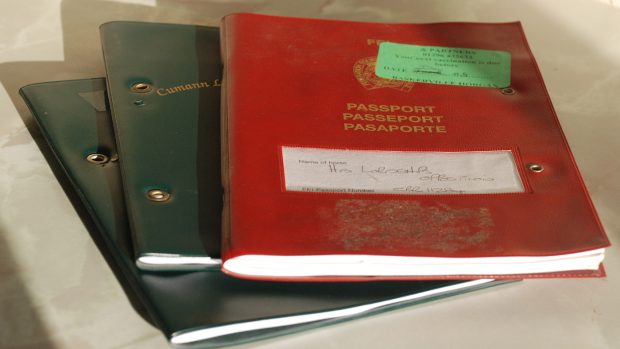The National Equine Database (NED) will be available for public use by the autumn, the director of equine development at the British Equestrian Federation (BEF) Graham Suggett told the National Equine Forum last Thursday (27 March) at the Royal Society in London.
“I have rarely been so excited about a project as I am about this database,” he said. “It is pleasing on the eye, easy to use, fast, contains an incredible amount of information and provides innumerable services of value to everyone concerned with equines.”
Work began on NED in 2004, when Defra, who was initially responsible for NED, awarded a contract worth £570,000 to Oxfordshire-based company Momenta to create a database of the UK horse population.
The database was expected to be up and running by April 2005, but was beset by numerous delays (news, 28 June 2007).
The BEF took over responsibility for the database in August 2007 (news, 23 August), since when the project progressed quickly.
The database is designed to hold information on every horse in the UK, from sex, age and height, to breeding and performance data.
Once launched in the autumn, the public can — for a fee — download and compare information on horses they want to buy or breed from.
NED now holds information on 1.15million horses, out of around 1.35million in the UK. But Mr Suggett warned some records would be duplicates or for dead horses.
He added: “And NED does not yet contain data on equines holding non-UK EU passports that have not been over-stamped by UK passport issuing organisations.”
NED now has arrangements with the Irish Horse Board and KWPN (the Dutch Warmblood studbook) who will add their information to the database.
Mr Suggett has asked minister for the horse Jonathan Shaw MP to consider making it law that continental horses are added to the British database at their port of entry to the UK.
NED is now in the final testing stage and delegates at the conference, including the Princess Royal, were invited to get involved.
A 200-strong testing group from across the horse industry has access to all the information currently on NED, except names and addresses of owners, and has been asked to check accuracy and ease of use and give feedback to NED.
Mr Suggett said before NED goes live in the autumn they must increase the amount of pedigree and performance data on the database, improve the quality of information and iron out any problems thrown up during the final testing.
But the Princess Royal warned the public’s use of the system was very important.
“People now have to use it or lose it,” she said. “To make it a sustainable resource for the future, people have to use it as often as possible when buying and breeding a horse.”
This news story was first published in Horse & Hound (3 April, ’08)




